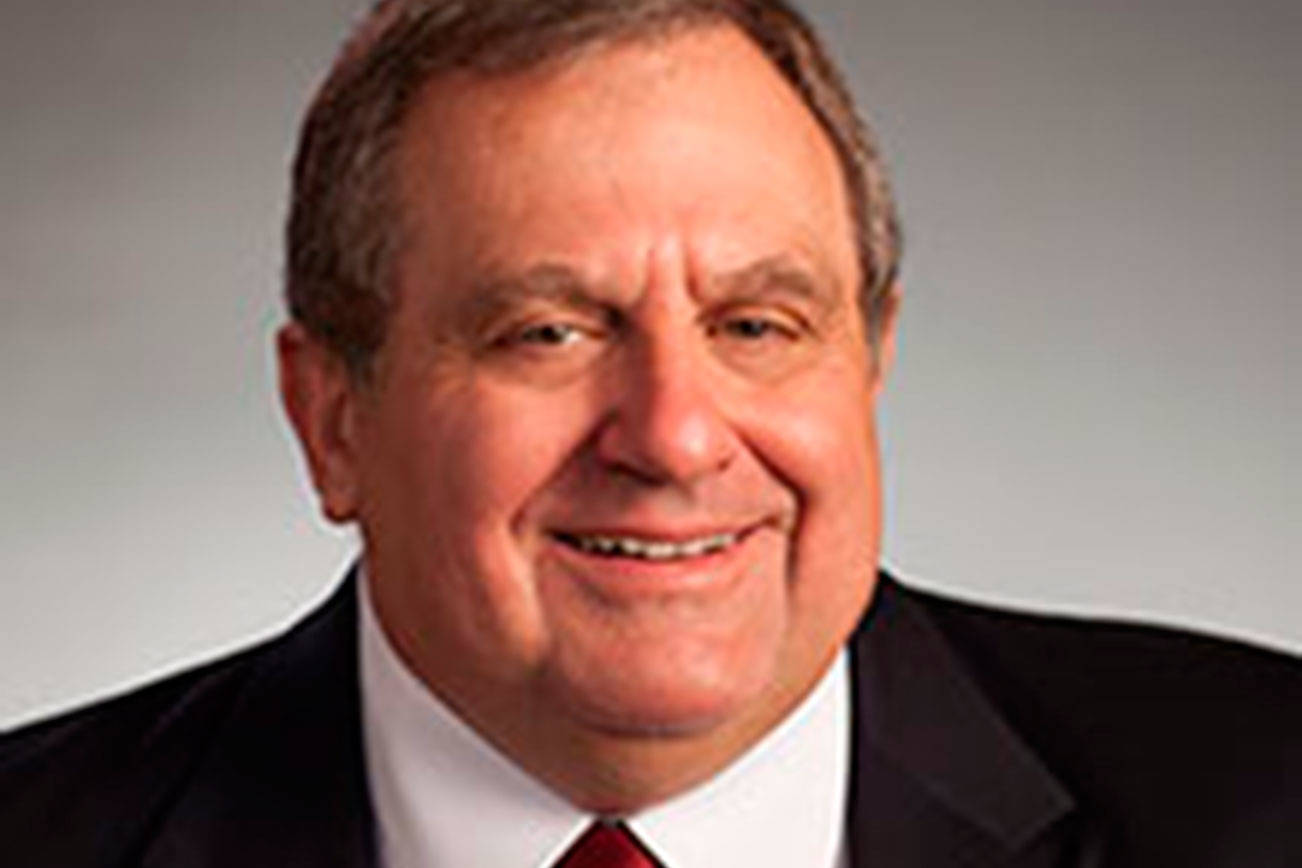While European cities are welcoming large cruise ships again, many of the same ship owners are canceling calls to North American seaports because of continued stringent COVID restrictions.
In March 2020, the Centers for Disease Control (CDC) issued a “no sail and suspension of further embarkation” order. The 2020 cruise season abruptly ended. Since then, the order has been only slightly modified. However, Canada’s shutdown has been extended through February 2022.
Both directives apply to vessels carrying more than 250 passengers. As a result, Disney has suspended its shipboard vacations through the end of June and cruise lines serving Alaska are writing off a second consecutive year rather than repositioning vessels at ports in Seattle and Vancouver, B.C.
European ocean liners are resuming their summer sailing schedules even though the COVID pandemic still grips many European countries.
The CDC policies prompted Alaska and Florida senators to introduce legislation that would open ports to allow large ships, which often cost over a billion dollars to build, to resume sailing by July.
“Unlike the airlines, rail and other modes of transportation — and all other sectors of the hospitality industry for that matter — the cruise lines have been denied clear direction from the CDC on how to resume operations,” Alaska U.S. Sen. Dan Sullivan said. The legislation requires the CDC to provide COVID-19 mitigation guidance for cruise lines to resume safe domestic operations.
COVID is ripping apart Alaska’s economy. Gov. Mike Dunleavy announced each year the cruise season does not take place, it has a $3 billion impact on the state’s gross domestic product. In 2019, Alaska’s GDP was $54.4 billion. Port and cruise line dependent communities report job losses of 22,297 and $305.7 million in lost wages.
The Alaska Visitor Volume Report found that of the 2.2 million visitors in 2019, over 1.33 million traveled by ship to Alaska. That is big money for the state, which collects a $34.50 per passenger excise tax for each voyage.
Alaska’s smaller communities are clobbered. For example, Skagway saw a 48 percent reduction in its total wage base and the resulting total losses from last year’s shutdown exceed its annual operating budget.
The Federal Maritime Commission conducted a comprehensive study of the impacts of COVID on the cruise industry in Alaska, Washington and Oregon. The impact is regional because the states’ tourism is entwined and, except for tours along the Columbia River, most cruise traffic exists between these states and the Canadian Pacific ports.
The Port of Seattle is also hurt by the restrictions. Seattle is the homeport to many cruise ships sailing to Alaska. Last year, port officials expected more than 200 ship calls and revenues from 1.2 million passengers — many staying over in the city.
According to the Seattle Economic Impact Report, in 2019, the port estimated that direct, indirect, and induced economic impacts totaled $893.6 million in revenue and business activity, which supported 5,500 jobs, accounted for $260.1 million in wages, and resulted in $14.5 million in state taxes.
“Small ship cruise lines are pressing ahead with plans to restart overnight cruises on the Columbia and Snake rivers, around Puget Sound and in Alaska. They aim to cast off in April and May while the big cruise ships remain laid up by a red light from the federal Centers for Disease Control and Prevention,” reported Tom Banse, a regional correspondent for the Northwest News Network.
Hopefully, the pandemic will subside as more people are vaccinated. Meanwhile, the CDC and our elected leaders need to keep a close eye on what is working for the cruise lines in other countries. Too many tourist-dependent communities, workers and businesses may not make it for another year.
Don C. Brunell is a business analyst, writer and columnist. He recently retired as president of the Association of Washington Business, the state’s oldest and largest business organization, and now lives in Vancouver. He can be contacted at thebrunells@msn.com.


